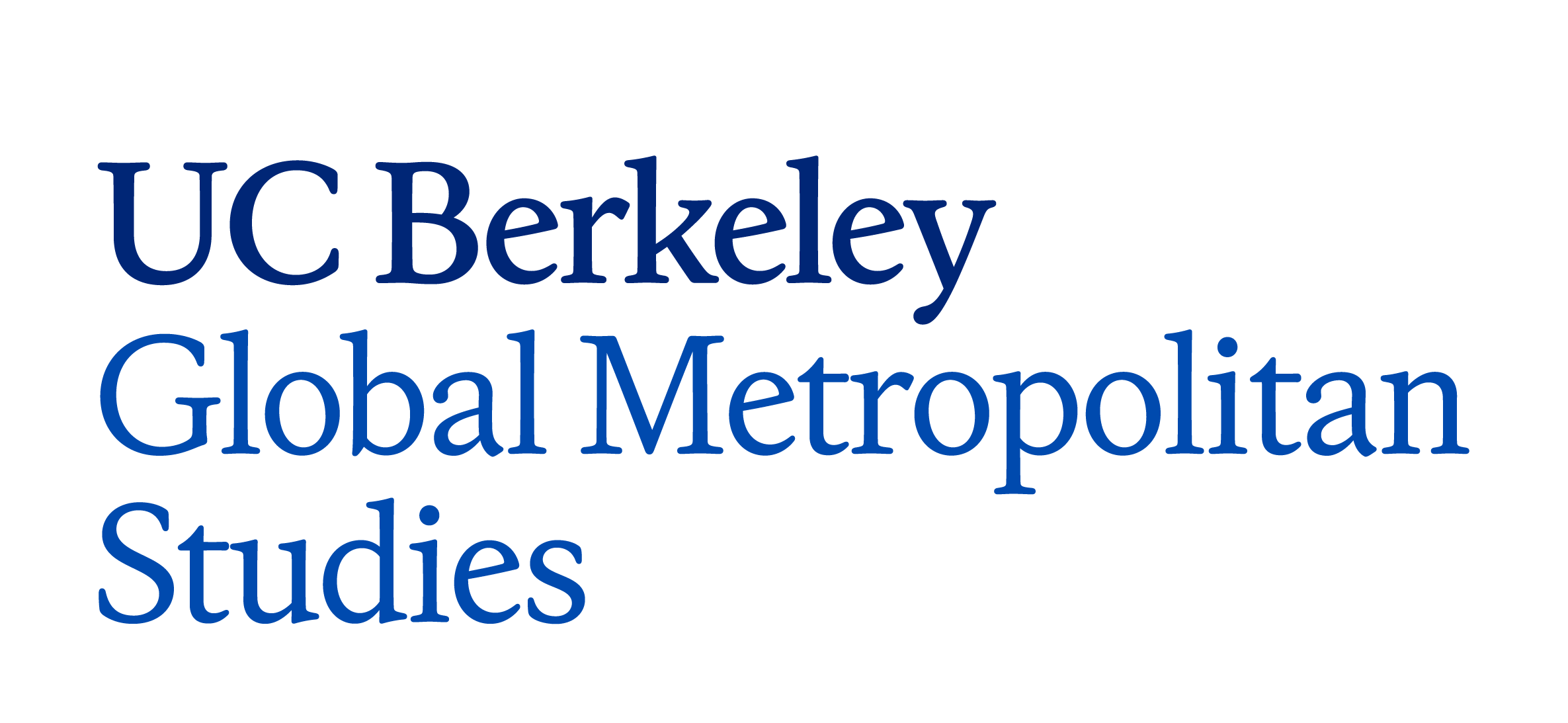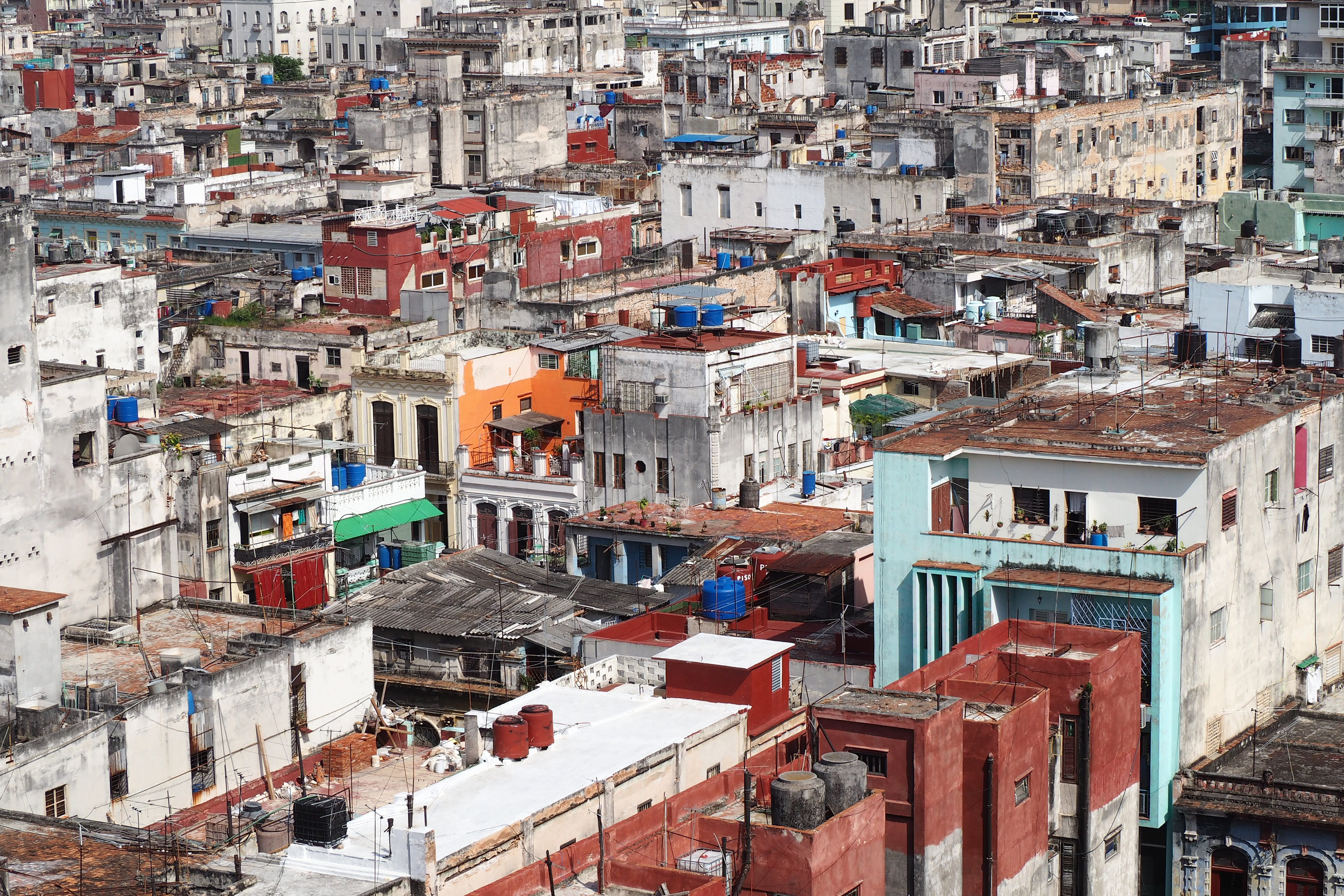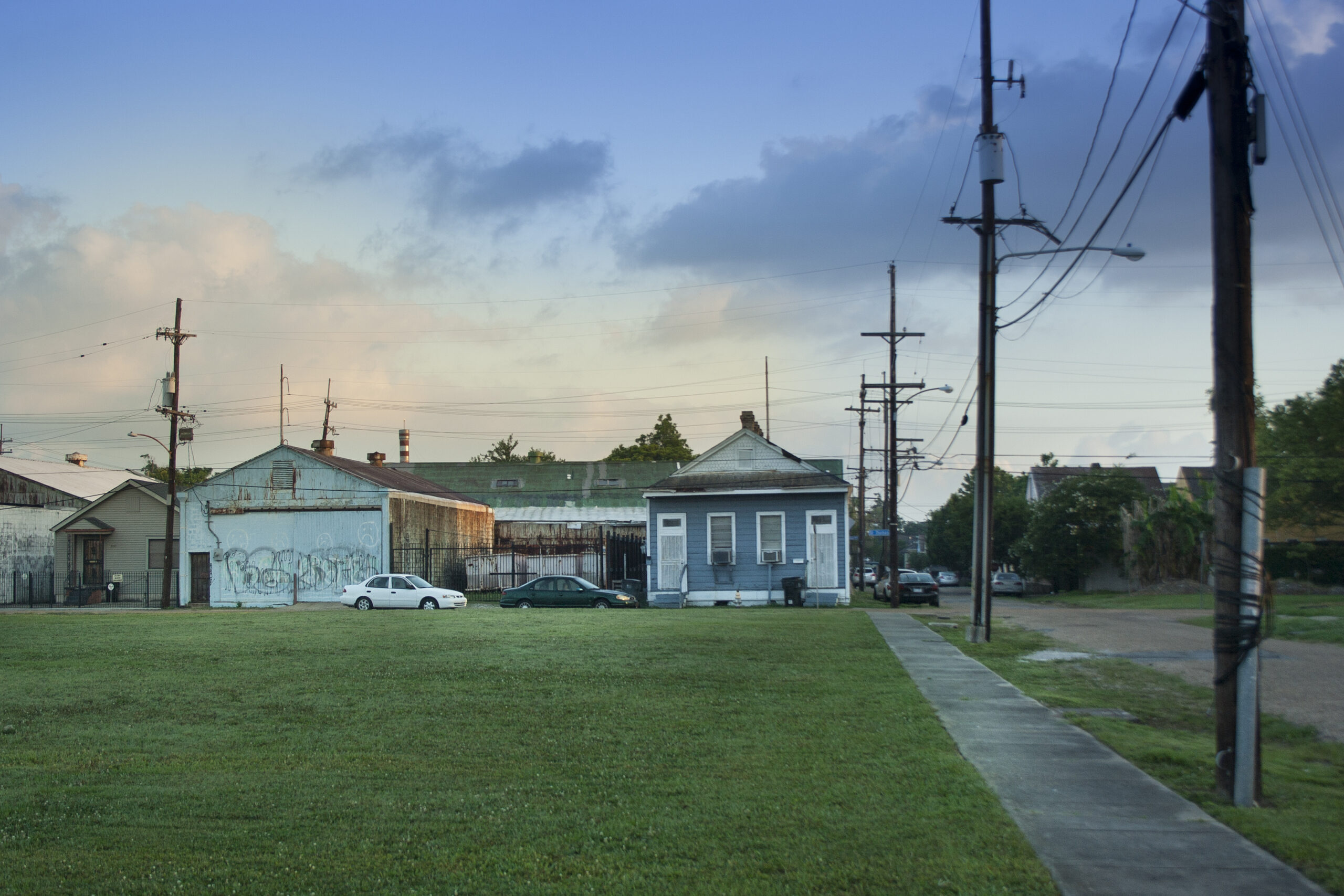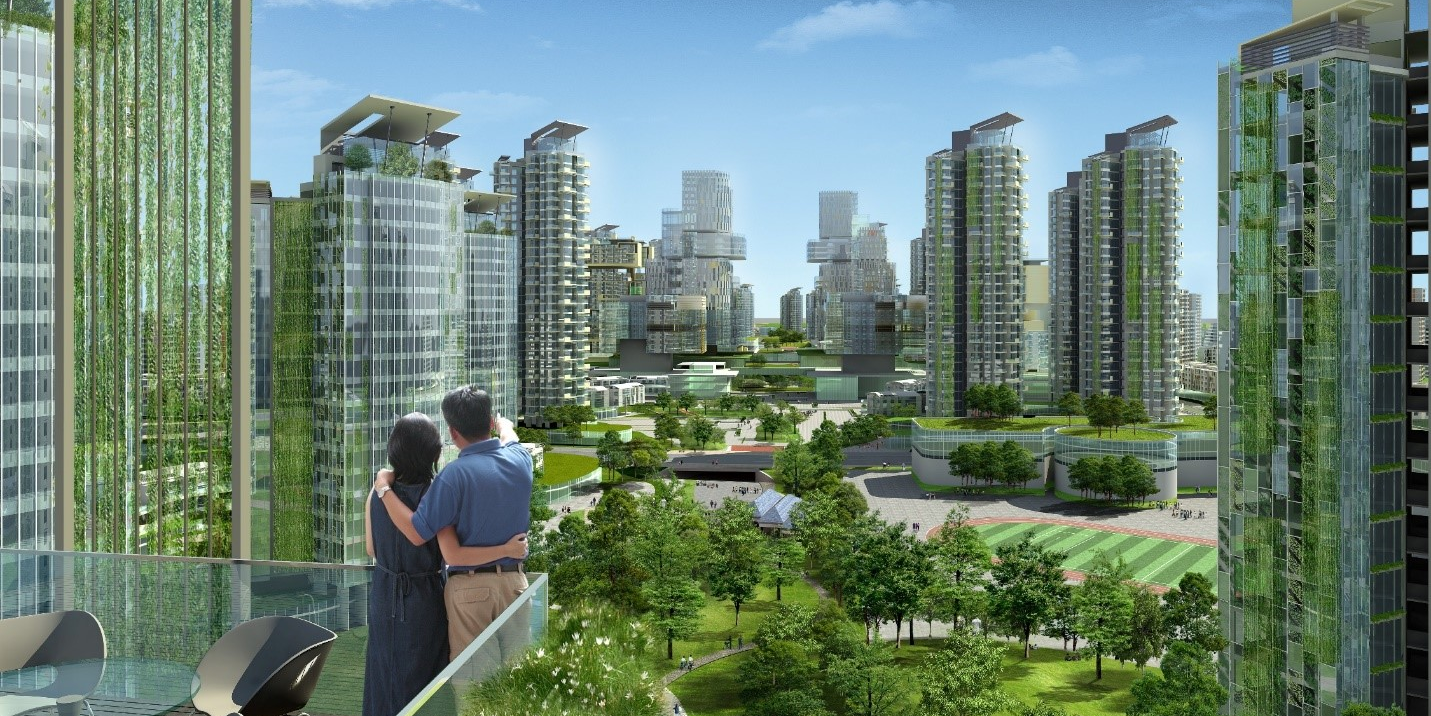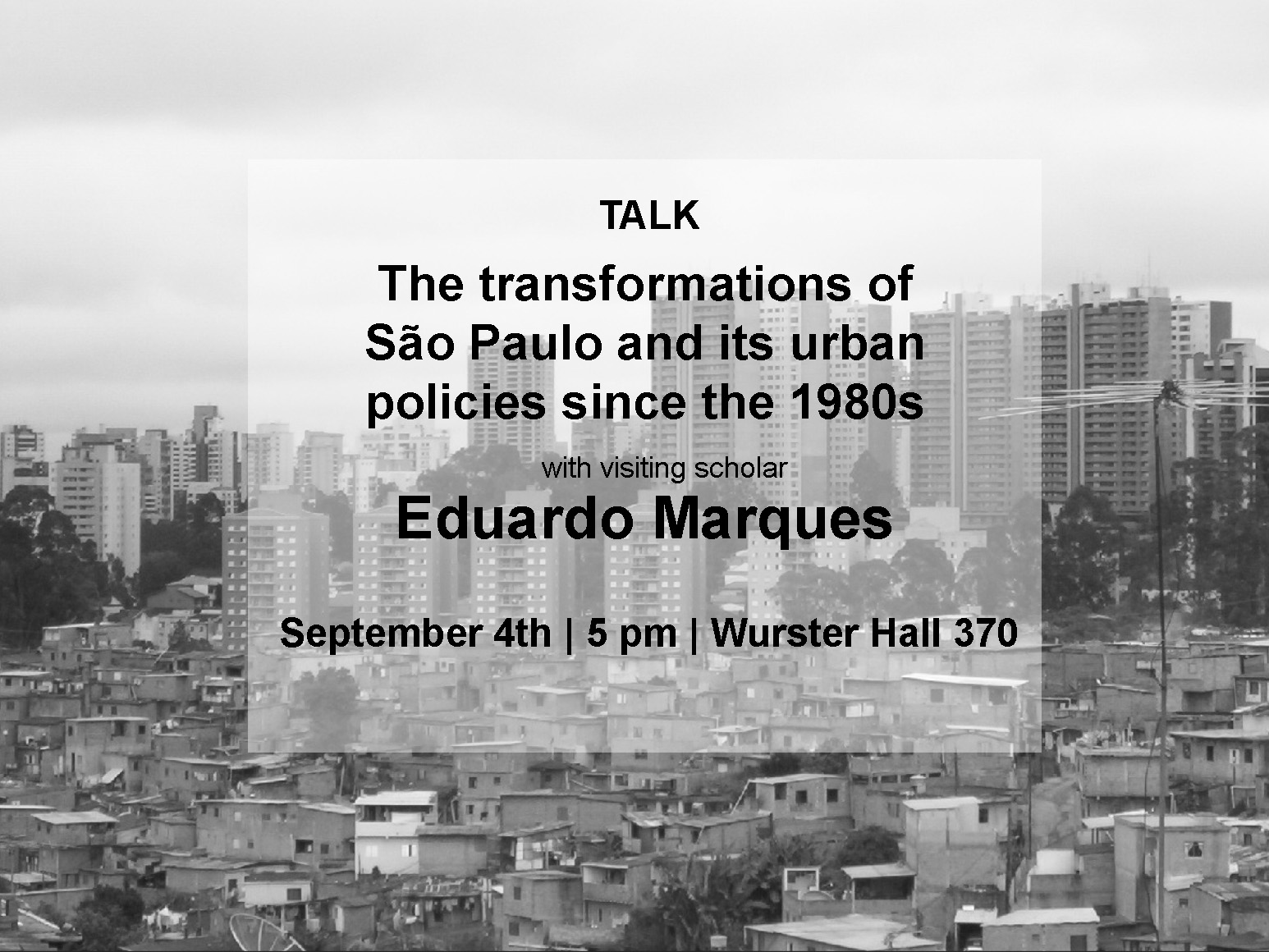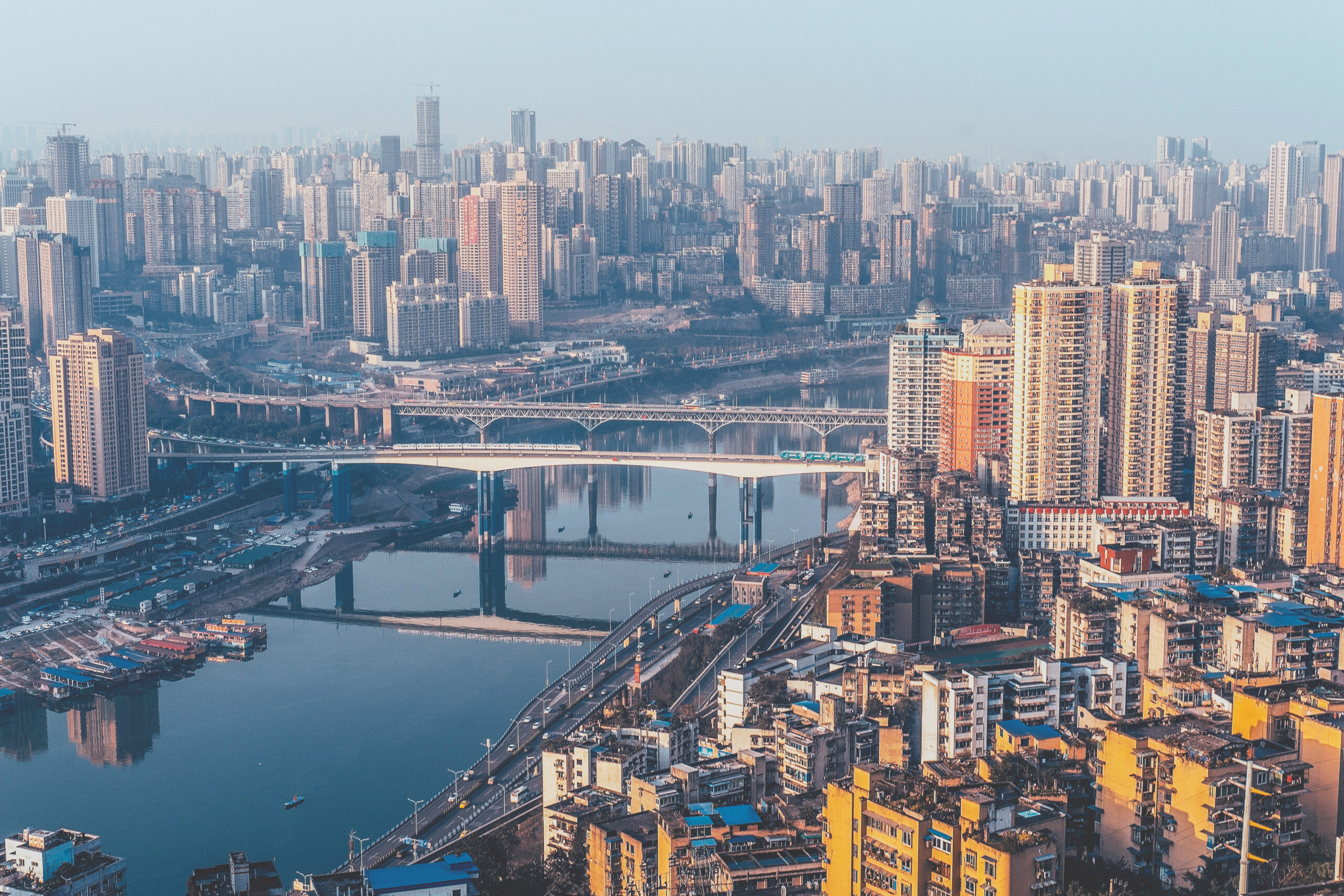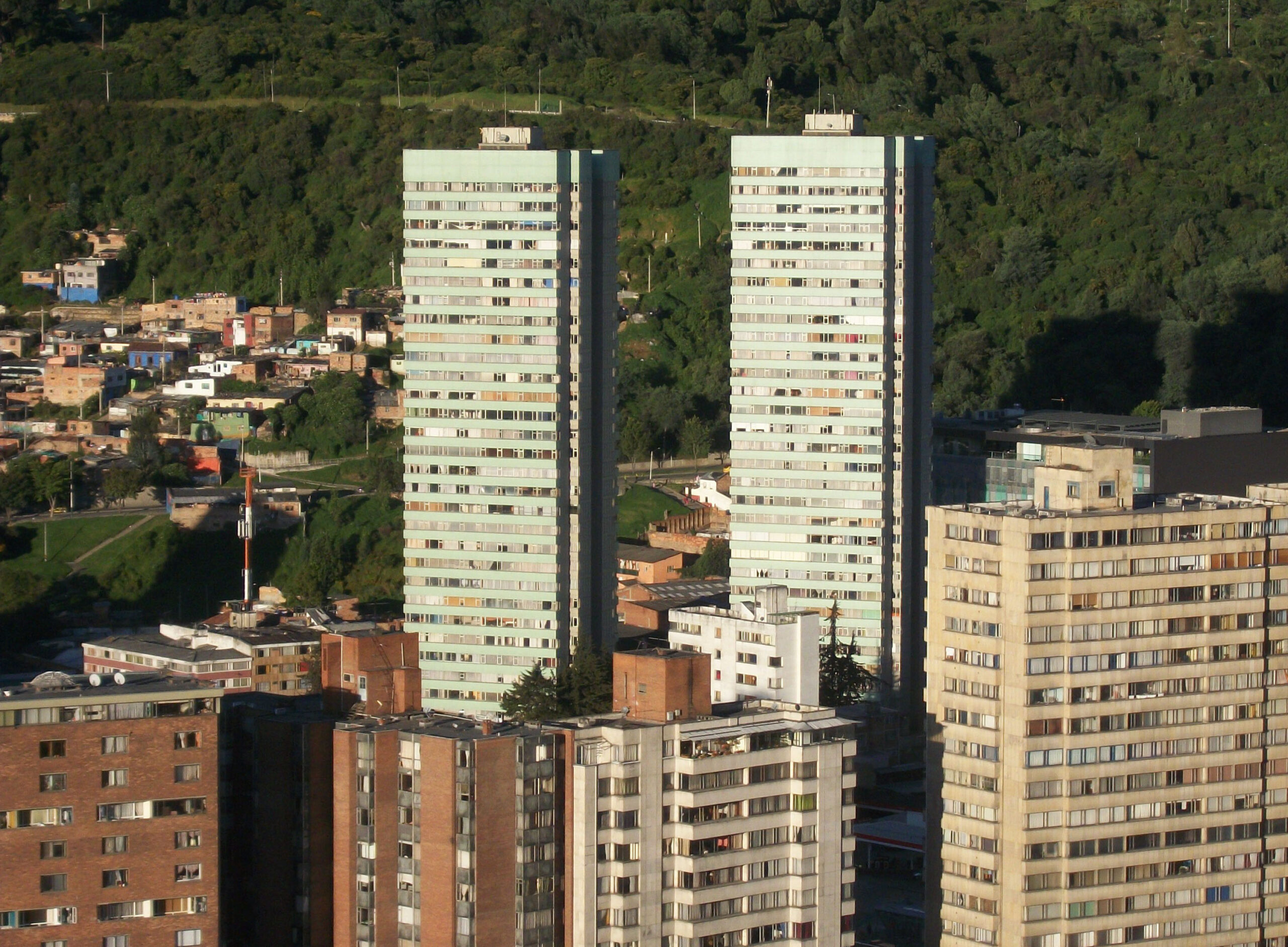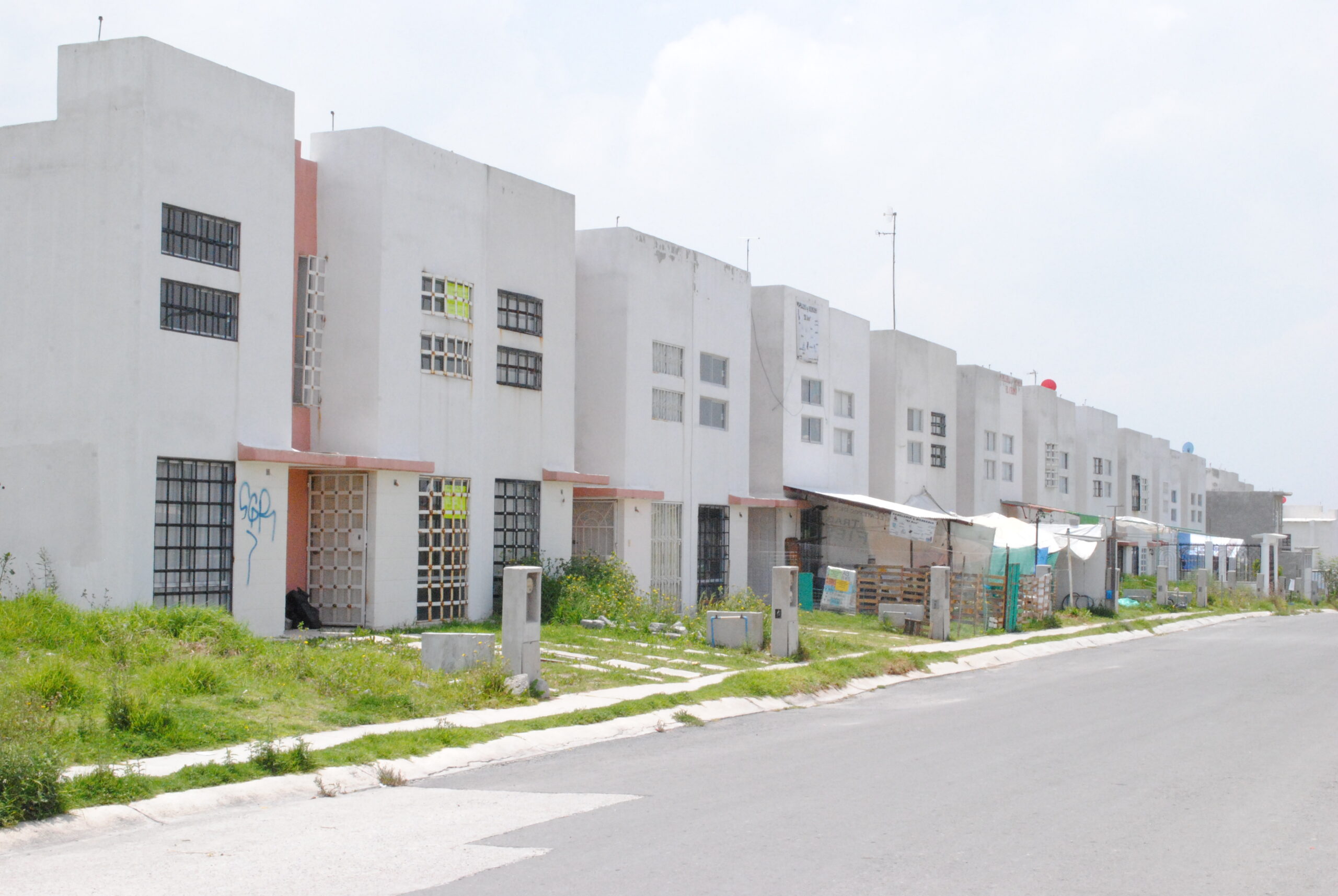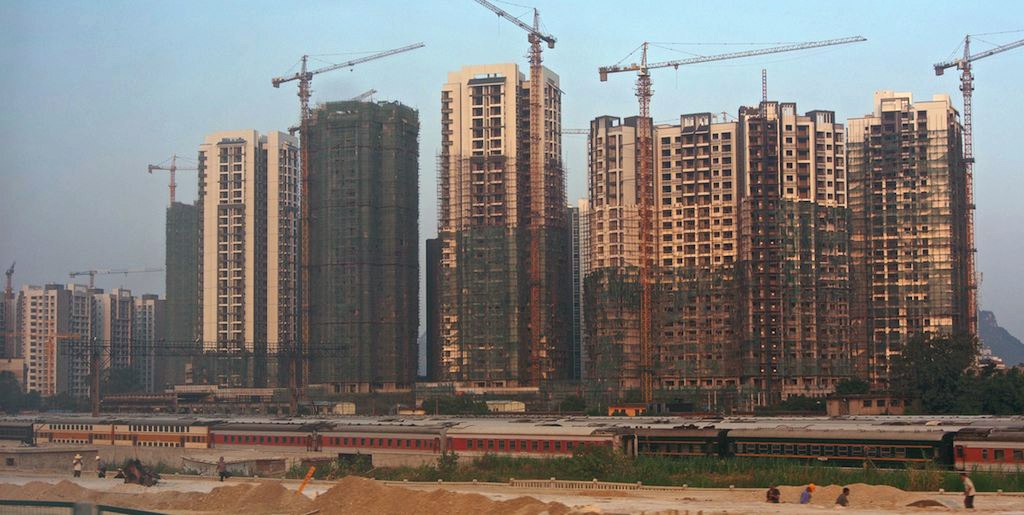-
2019 Martin Wachs Lecture
Read More: 2019 Martin Wachs LectureGMS is pleased to co-sponsor the 2019 Martin Wachs Lecture. Now in its twelfth year, the annual Wachs Lecture draws innovative thinkers to the University of California to address today’s most pressing issues in transportation. This year, the lecture will be given by Elizabeth Deakin, a Professor of City and Regional Planning at UC Berkeley, […]
-
Global Metropolitan Studies Fall 2019 Open House
Read More: Global Metropolitan Studies Fall 2019 Open HousePlease join us for drinks and appetizers at our Fall 2019 open house to learn about the GMS Designated Emphasis (DE, a PhD minor) and meet our two new core faculty members (Desiree Fields and Brandi Summers, both in Geography), as well as other faculty affiliates. Come to learn about funding opportunities through the GMS DE and GMS research initiatives during […]
-
Hillary Angelo | The greening imaginary: Urbanized nature and the making of cities and citizens in Germany’s Ruhr region
Read More: Hillary Angelo | The greening imaginary: Urbanized nature and the making of cities and citizens in Germany’s Ruhr regionCo-sponsored by the Department of Geography. In an era of global ecological crisis, sustainable cities have become new paragons of ideal urbanism, and the idea of “green” as a good in cities is ubiquitous. This talk, which is an overview of my forthcoming book, How Green Became Good, explores the origins of this idea and […]
-
Eduardo Marques | The transformations of São Paulo and its urban policies since the 1980s
Read More: Eduardo Marques | The transformations of São Paulo and its urban policies since the 1980sPlease join the Latin American Cities Working Group for a talk with visiting scholar Eduardo Marques, who will discuss urban policy in São Paulo since Brazil’s re-democratization and present findings from his recent book “As políticas do urbano em São Paulo” (“The politics of the urban in São Paulo,” English-version forthcoming). São Paulo has experienced […]
-
Diego Silva Ardila | Metropolitan Governance: Local, National, and Global Entanglement of Urban Policies in Colombia
Read More: Diego Silva Ardila | Metropolitan Governance: Local, National, and Global Entanglement of Urban Policies in ColombiaCo-sponsored by the UC Berkeley Center for Community Innovation and the Center for Latin American Studies Metropolitan governance is at the center of current urban debates in Colombia due the emerging interaction of multiple administrative units within landscapes of accelerated urban growth. Colombia has an administrative and political territorial organization based on subnational divisions […]
-
Helen Siu | Maritime Hubs and Mobilities: Rethinking Metropolitan Hong Kong-South China
Read More: Helen Siu | Maritime Hubs and Mobilities: Rethinking Metropolitan Hong Kong-South ChinaCo-sponsored by the Center for Chinese Studies The Pearl River Delta Region and its metropolitan hubs have long engaged with the circulation of goods, people and ideas along what is now popularized as the Maritime Silk Road. Over the centuries these movements bridged continental divides. The talk focuses on the historical layers of economic […]
-
Michel Lussault | Could the Anthropocene be an “Urbanocene”?
Read More: Michel Lussault | Could the Anthropocene be an “Urbanocene”?Co-sponsored by the Department of Landscape Architecture & Environmental Planning, and the Institute of International Studies Interdisciplinary Faculty Seminar Water Management: Past and Future Adaptations. A 2004 publication of the IGBP (Global Change and the Earth System) postulated that the Anthropocene really began with what was called “the great acceleration” of the 1950s, based on a […]
-
Jaime Gómez | Assessing Housing Quality in Bogotá: The Universidad de los Andes’ Housing Observatory and the path toward the housing industry’s adoption of quality indicators
Read More: Jaime Gómez | Assessing Housing Quality in Bogotá: The Universidad de los Andes’ Housing Observatory and the path toward the housing industry’s adoption of quality indicatorsOrganized by the Latin American Cities Working Group (student group supported by GMS) and Terra Infirma Working Group (supported by the Townsend Center) Since 2006 the Universidad de los Andes’ Housing Observatory has been developing housing quality indicators for Bogotá´s housing market. As of today, over 1,000 housing projects have been evaluated, half of […]
-
Francisco Trejo Morales | Dismantling the Possibilities of Housing: A Brief Overview of Conjuntos Urbanos in Mexico City and the Metropolitan Area
Read More: Francisco Trejo Morales | Dismantling the Possibilities of Housing: A Brief Overview of Conjuntos Urbanos in Mexico City and the Metropolitan AreaOrganized by the Latin American Cities Working Group (student group supported by GMS) and Terra Infirma Working Group (supported by the Townsend Center) This talk provides a brief overview of the living conditions found in conjuntos urbanos in Mexico City and the Metropolitan Area, and the social and economic problems that they engender. These housing developments represent […]
-
George C.S. Lin | Remaking Urban Landscape in China’s Large Cities: State-Society Nexus and the Reproduction of Space amidst Accelerated Urbanization
Read More: George C.S. Lin | Remaking Urban Landscape in China’s Large Cities: State-Society Nexus and the Reproduction of Space amidst Accelerated UrbanizationCo-sponsored by Center for Chinese Studies (CCS) Speaker: George C.S. Lin, Chair Professor of Geography, Department of Geography, The University of Hong Kong Panelist/Discussant: You-tien Hsing, Professor of Geography, UC Berkeley Phenomenal transformation of the landscape in Chinese cities has been conventionally understood as the spatial outcome of the reformation of state-market relations. The […]
